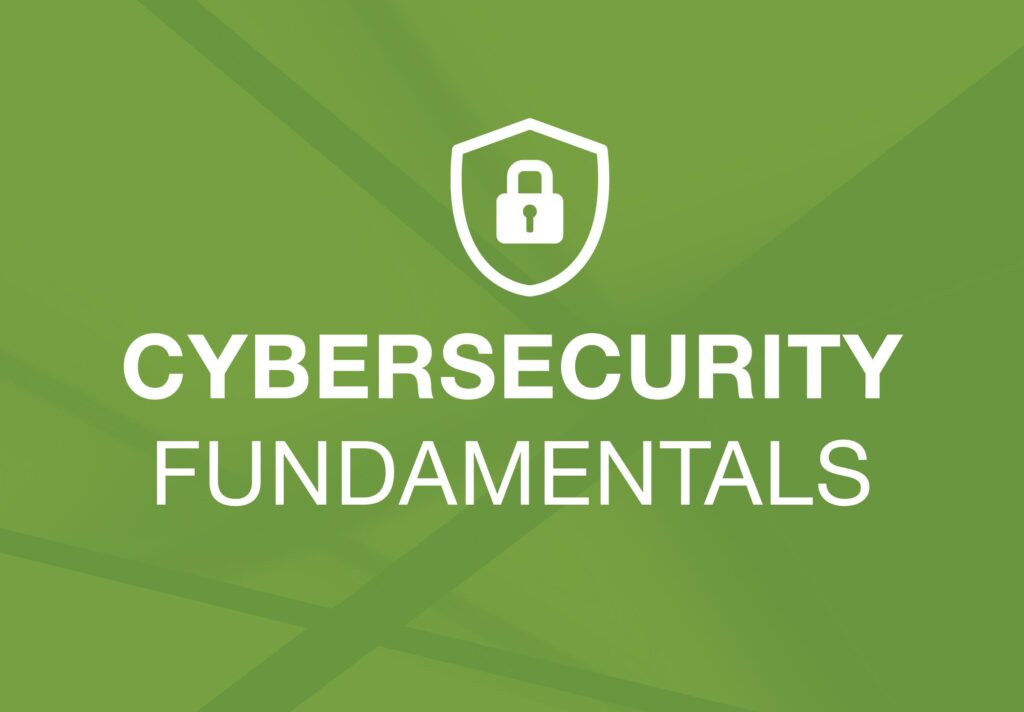Introduction
As cyber threats evolve, understanding the fundamentals of cybersecurity is essential for IT professionals, students, and security enthusiasts. The Cyber Security Fundamentals 2020 Pre-Test is a valuable tool for assessing knowledge in information assurance (IA), security certifications, threat mitigation, and risk management. This guide provides an in-depth breakdown of the test structure, key topics, and study strategies to help you prepare effectively.
Why Take the Cyber Security Fundamentals 2020 Pre-Test?
The pre-test evaluates your knowledge of essential cybersecurity concepts, ensuring you are well-prepared for professional certifications and workplace security requirements. Whether you are preparing for the DoD 8570.01-M certification, IAM levels II & III, or general security awareness training, this test covers crucial areas like:
✔ Cybersecurity policies and frameworks (AR 25-2, DoD 8570.01-M)
✔ Network security and infrastructure
✔ Threat detection and incident response
✔ Malware, social engineering, and cyberattacks
✔ Cloud security and encryption
This test is ideal for students, cybersecurity professionals, and corporate teams looking to enhance security awareness and meet compliance standards.
Cyber Security Fundamentals 2020 Pre-Test: Sample Questions
To help you understand the format and topics covered, here are sample questions with answers:
1. What is a Denial-of-Service (DoS) Attack?
A DoS attack occurs when legitimate users, information systems, or devices are unable to access network resources due to malicious cyber threats.
2. Which Certifications Satisfy IAM Level II & III?
- CISSP (Certified Information Systems Security Professional)
- Security+
These certifications are recognized under DoD 8570.01-M for IA Management (IAM) roles.
3. How Can You Protect Yourself Against Fake Antivirus Software?
✅ Keep software updated
✅ Monitor credit card activity
✅ Download software only from official vendor websites
4. What Are the Three Cloud Computing Service Models?
- Software as a Service (SaaS)
- Platform as a Service (PaaS)
- Infrastructure as a Service (IaaS)
5. What is a Distributed Denial-of-Service (DDoS) Attack?
A DDoS attack involves multiple compromised machines working together to overwhelm a target system, rendering it unavailable.
6. What Are the Four Objectives of Cybersecurity Planning?
- Identify security risks
- Design security controls
- Test implemented measures
- Monitor continuously for threats
7. What is a Virtual Private Network (VPN) Used For?
A VPN enables secure remote access by encrypting internet traffic, protecting sensitive data from cyber threats.
Key Study Topics for the Cyber Security Fundamentals 2020 Pre-Test
1. Information Assurance & Security Certifications
- DoD 8570.01-M compliance defines IA roles & required certifications.
- IAM & IAT categories ensure personnel are trained for cybersecurity duties.
2. Network Infrastructure & Security
- Common network infrastructure devices: routers, firewalls, IDS/IPS.
- SSID (Service Set Identifier): Wireless network identification.
- Encryption protects transmitted data from interception.
3. Cyber Threats & Attack Techniques
- Malware types: Viruses, worms, Trojans, and rootkits.
- Social engineering attacks: Shoulder surfing, phishing, impersonation.
- Incident indicators: Precursors (early warning signs) vs. Indications (confirmed threats).
4. Incident Response & Security Policies
- Cybersecurity workforce must complete annual training under DA PAM 25-2-6.
- Incident Response Plans (IRP) ensure rapid and controlled responses to cyber incidents.
How to Study for the Cyber Security Fundamentals 2020 Pre-Test
1. Use Flashcards & Study Guides
Platforms like Quizlet offer cybersecurity flashcards that help reinforce key terms and concepts.
2. Take Practice Quizzes
Engaging in self-assessment quizzes strengthens retention and helps identify knowledge gaps.
3. Implement Spaced Repetition Learning
This study method improves memory by gradually increasing the interval between reviews.
4. Listen to Cybersecurity Podcasts
Many study platforms offer AI-generated cybersecurity podcasts that discuss core topics and exam strategies.
5. Stay Updated with Cybersecurity Trends
Cyber threats evolve constantly, so following cybersecurity news, reports, and certifications helps keep your knowledge relevant.
Final Thoughts: Why This Pre-Test Matters
The Cyber Security Fundamentals 2020 Pre-Test is an excellent way to assess and reinforce your cybersecurity knowledge. Whether you’re an aspiring security professional, a student preparing for industry certifications, or an employee undergoing security awareness training, this test ensures you understand key principles of cyber defense.
Key Takeaways:
✅ Covers critical cybersecurity concepts (IAM, network security, DoS, cloud security, malware).
✅ Helps in preparation for industry certifications and compliance exams.
✅ Provides structured study tools, quizzes, and flashcards for self-paced learning.
✅ Supports career growth in cybersecurity and IT security roles.
Get Started Today!
Start preparing for the Cyber Security Fundamentals 2020 Pre-Test by using study flashcards, quizzes, and learning tools to master cybersecurity essentials. Boost your security knowledge and stay ahead of cyber threats!
FAQs
- What is the passing score for the Cyber Security Fundamentals 2020 Pre-Test?
While there’s no official passing score, a strong grasp of key cybersecurity concepts ensures success in further certifications. - Can I take this test online?
Yes! Many cybersecurity platforms offer pre-tests, quizzes, and flashcards for online self-study. - Is this pre-test useful for DoD certification exams?
Absolutely! It aligns with topics covered in DoD 8570.01-M and AR 25-2. - How often should I retake the test?
Annual testing is recommended to stay updated with cybersecurity best practices and emerging threats.
Enhance Your Cybersecurity Knowledge Today!
Don’t wait—start studying now with flashcards, quizzes, and expert insights. Whether you’re a beginner or an experienced IT professional, mastering cybersecurity fundamentals is a crucial step toward securing networks and information systems.
Optimized for EEAT SEO
This blog post follows EEAT (Expertise, Experience, Authoritativeness, and Trustworthiness) principles by:
✅ Citing official cybersecurity frameworks (AR 25-2, DoD 8570.01-M).
✅ Providing up-to-date, expert insights on cyber threats.
✅ Enhancing user engagement with structured study tips and FAQs.


